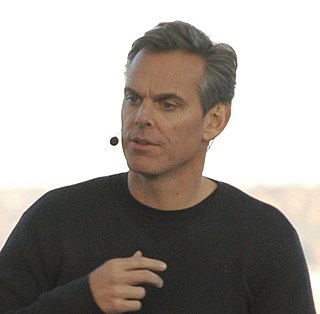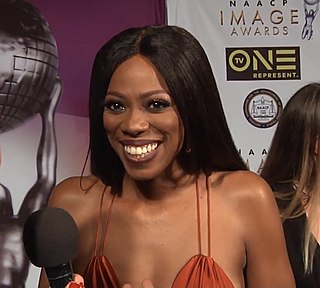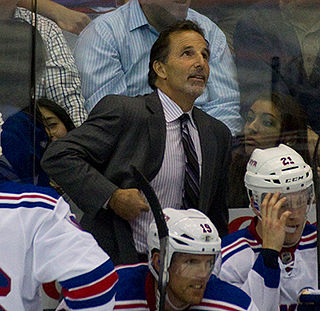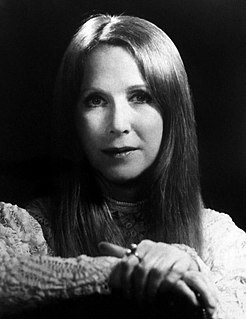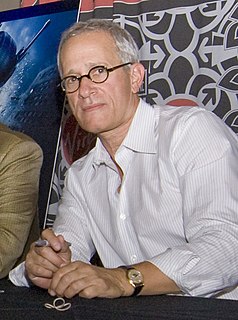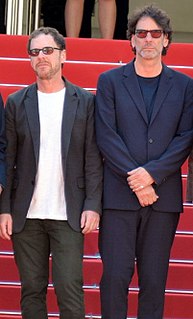A Quote by Colin Cowherd
Related Quotes
Tone is somewhat totalising in that, once I locate it, it tells me what kind of syntax to use, what word choices to make, how much white space to leave on the page, what sentence length, what the rhythmic patterning will be. If I can't find the tone, I sometimes try narrating through the point of view of someone else.
Sometimes, in certain stories, I think we know at the outset essentially what the tone is going to be, or it becomes important that we're groping toward some kind of story with a certain kind of tone that we both get somehow. But I don't think how that's combined with other elements is ever in any way overtly discussed.
When you're directing an ongoing series, the tone has already been set. So a director will come in and fulfill that tone - reinforce the characters and their behavior. The challenge is to find unique ways that you can visually tell the story while keeping the established tone and the pace and the characters.
